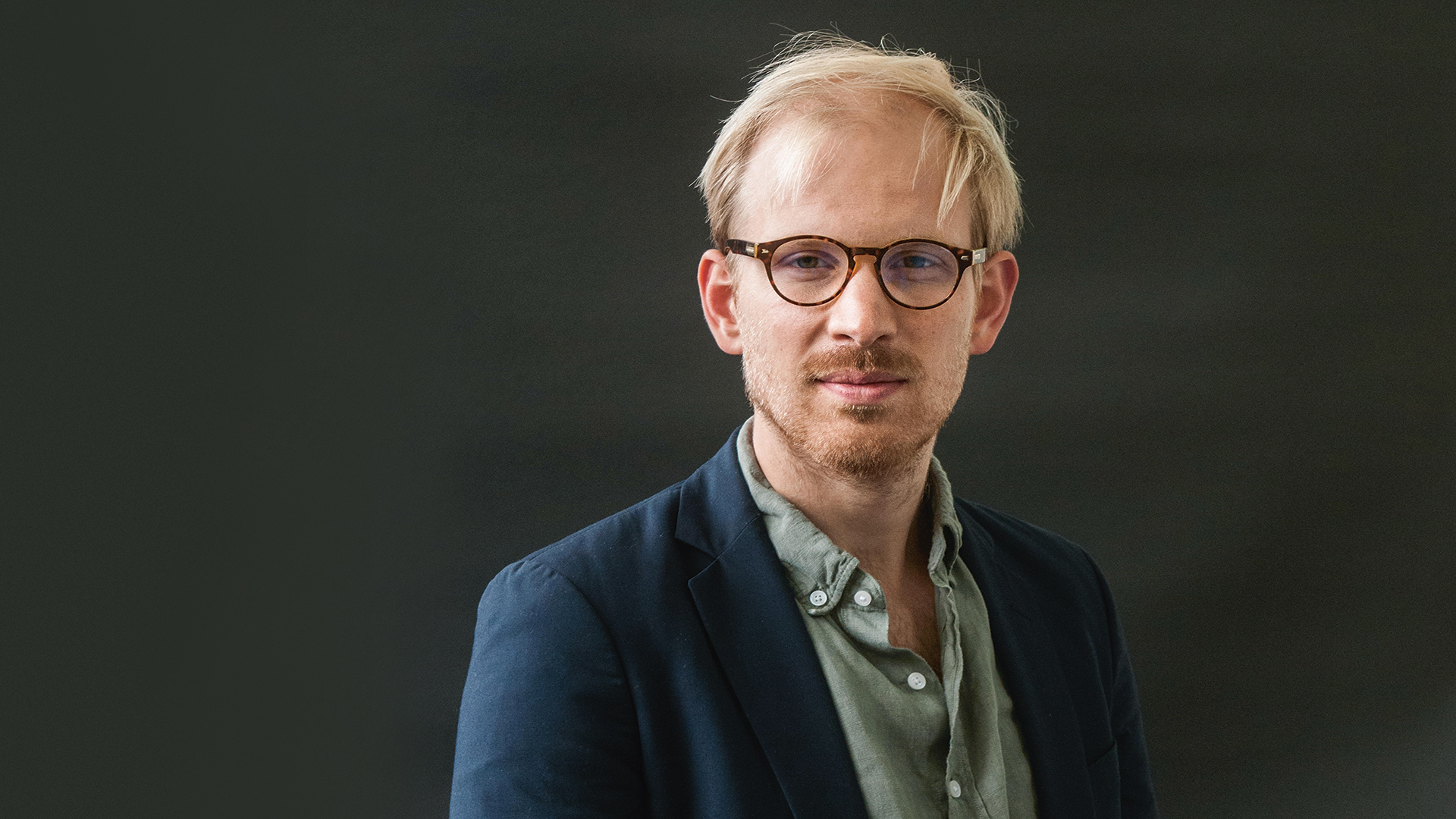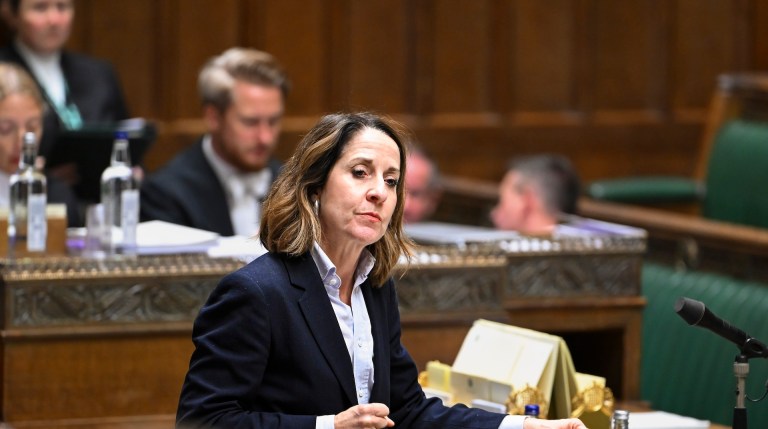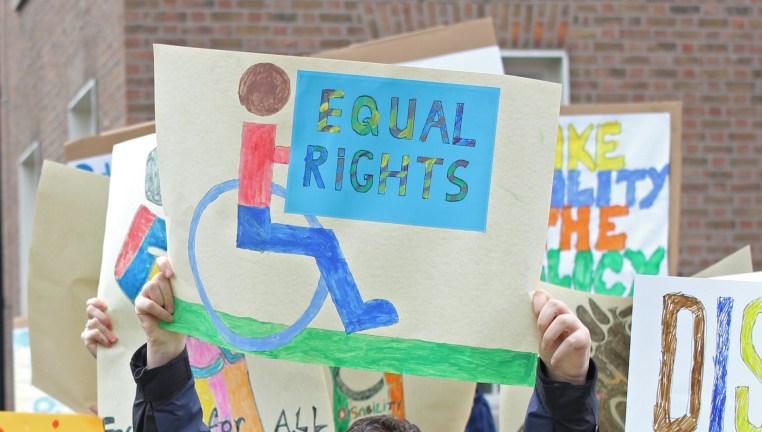In January 2019 Rutger Bregman arrived in Davos like a wrecking ball. His book, Utopia For Realists, had been global calling card a few years earlier. Here he was, a young, quiet Dutch historian compelling us to think big new thoughts and embrace the belief that society could be better if we made it our focus to be better. At the heart of his thesis was Universal Basic Income, the idea that everybody would receive a state income regardless of their circumstance. UBI had been fringe thinking for many years. As the book was being published, parts of it were welcomed but the main thrust of it was slammed. One notable critic shouted that it was “financially, behaviourally and organisationally bonkers”.
Still, enough heat was generated for the billionaires and the global powerbrokers to take note and invite Bregman to their annual pow-wow in the Swiss Alps. Rather than charmingly play along, Bregman sat down with them, condemned the nicey-nicey philanthropy that many indulged in and then called them out to pay their taxes. That was what was needed, that’s how things could change. The room went frostier than the slopes outside. But Bregman suddenly became a name.
He wasn’t invited back in 2020.
It has been fascinating working with Rutger on this edition. He is not a man who stands on received notions
However, something else happened to that “bonkers” idea of his. As Covid gripped and the tough financial reality struck around the world, Universal Basic Income moved from the fringes to the mainstream. There had been a trial in Finland (of course) but now necessity became the mother of invention. Spain looked at a version. Scotland considered how it would work. It’s now almost impossible to walk down the street without tripping over a new report insisting there is growing public support for some version of the UBI scheme.
So, as we look to rebuild post-Covid, who better to take the helm of The Big Issue and ask some questions and gather new thinking than the scourge of Davos, Rutger Bregman.










